SUNDAY - Open Veins: Postcolonial Cinema of the Luso-Hispanic World
Sponsored by the UChicago Forum For Free Inquiry and Expression.
First and foremost, a massive and heartfelt thank you to Tom Ginsburg, Tony Banout, Nora Titone, our guest speakers, and the Forum on Free Inquiry & Expression. Without them, we would never have been able to present this series.
So, what exactly do these films have in common with one another? Truth be told, very little. The connective tissue between each work is in essence the legacy of Iberian colonialism in the Americas, Africa, and the Philippines. We have tried to bring these works together, not in order to form a narrative or thematic link, but rather to showcase a collection of critically underseen, highly influential films. Films which have sadly faced an uphill battle in international viewership, whether due to censorship in their own countries or neglect by film’s old guard.
Varying in scope and scale, these works were created outside the bounds of the traditional world cinematic canon, if such a thing really exists. But chances are at least one of these films is your favorite director’s favorite deepcut.
Programmer’s Highlights: Mueda, Blood of the Condor, Manila in the Claws of Light.
El grito (1968)
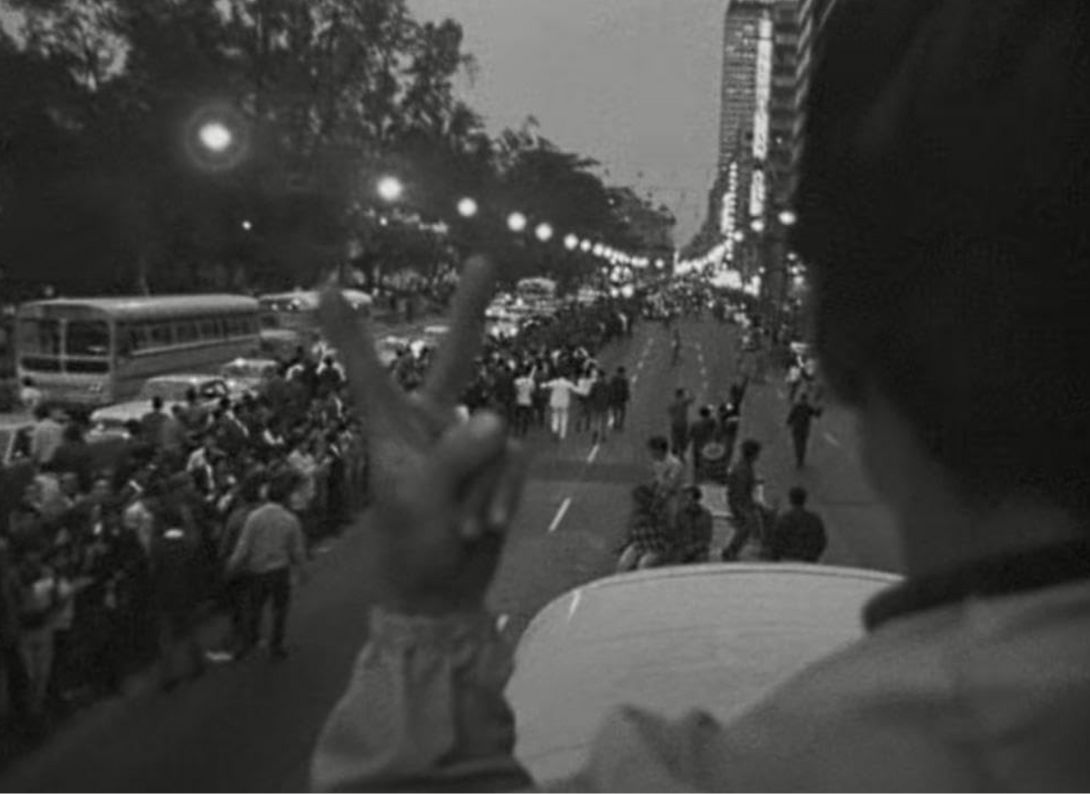
Leobardo López Aretche · 104m · Digital
A rare visual artifact of the Tlatelolco massacre, El grito remained unreleased in Mexico for fifty years, becoming a touchstone of censorship during the reign of the PRI party. A glimpse into the final hours of peaceful protest, music, and an ominous police presence, this documentary captures the leadup to the largest flash point in Mexican politics following the revolution. El grito is only now becoming recognized as a significant record of Mexico’s darkest moment.
Film provided by Filmoteco UNAM. Introduced by Prof. Tom Ginsburg of the Forum for Free Inquiry and Expression. Discussion with Professors Mauricio Tenorio (History) and Tom Ginsburg (Law) after the screening. There will be food sponsored by the Forum for Free Inquiry and Expression and the Parrhesia Program for Public Discourse
6:30PM Sunday, October 1st
Pixote (1980)
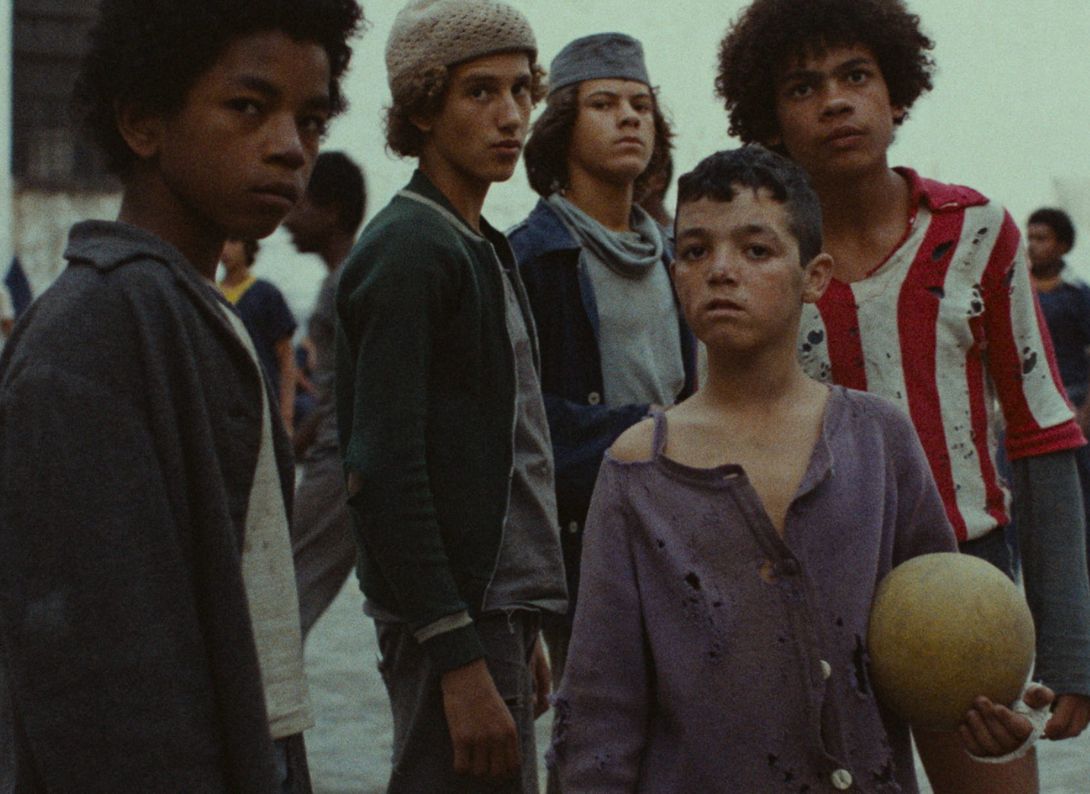
Héctor Babenco · 128m · DCP
Centered around the titular child gangster who must constantly escape the threat of sexual violence, Pixote calls upon the life experiences of its cast members to create an embodiment of favela life, eschewing tropes of poverty porn in favor of an approach like De Sica's. Featuring a heart-rending performance by Fernando Ramos da Silva, who was killed by police after completing the film, Pixote presents the institutional failings of a modern Brazil in the bleakest manner imaginable.
6:30PM Sunday, October 8th
De cierta manera (1977) // Mueda, Memory and Massacre (1979)
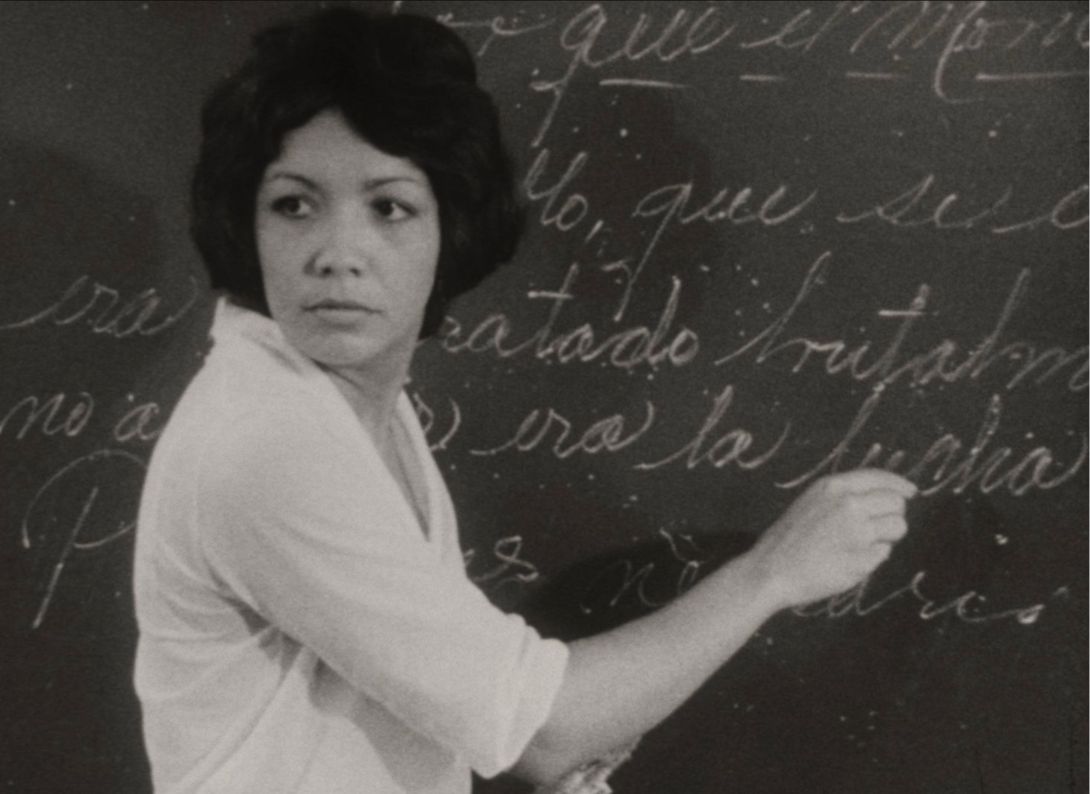
Sara Gómez // Ruy Guerra · 73m // 80m · DCP
Updates to the screening: Mueda, Memory and Massacre (1979) is rescheduled for a later time. We apologize for the inconvenience.
This double feature shows two radically different approaches to docufiction as a tool to examine post-colonial independence. De cierta manera, completed by a team of filmmakers after director Sara Gómez’s untimely death, foregrounds the love story of Yolanda and Mario, two people formerly separated by race and class following the Cuban Revolution. Mueda, the story of the real-life 1960 massacre of Mozambicans protesting for independence, is both a fiction and a documentary which tracks the development of the massacre’s recreation by locals who lived through the War of Independence.
6:30PM Sunday, October 15th
Blood of the Condor (1969) // Los Olvidados (1950)
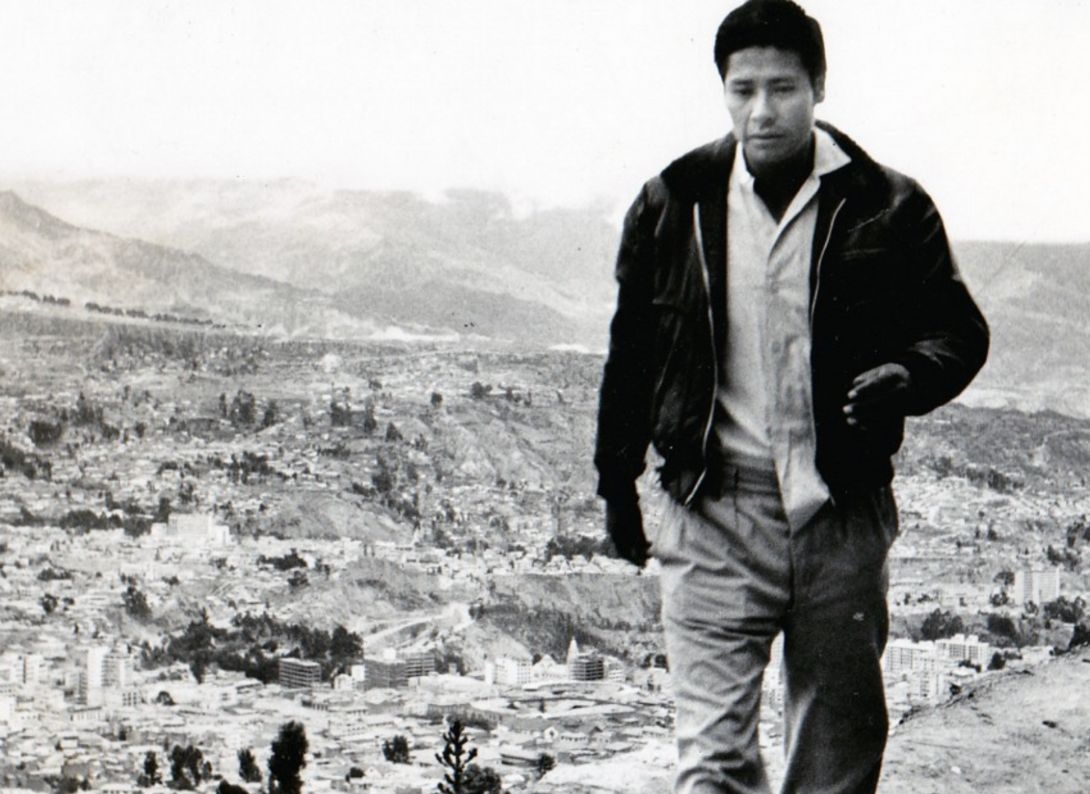
Jorge Sanjinés // Luis Buñuel · 70m // 76m · Digital // 35mm
5 minutes in between films.
Banned upon release, Blood of the Condor tells the story of Indigenous people’s struggle against forced sterilization in the Andes. Los Olvidados, Luis Buñuel’s social realist fever dream, follows a group of children who fall through the cracks of the Mexican state’s welfare programs. Combining European arthouse visuals with Latin American modernity, these films were hotbeds of controversy in their day and now serve as towering works capturing the zeitgeist of their time.
6:30PM Sunday, October 22nd
Manila in the Claws of Light (1975)
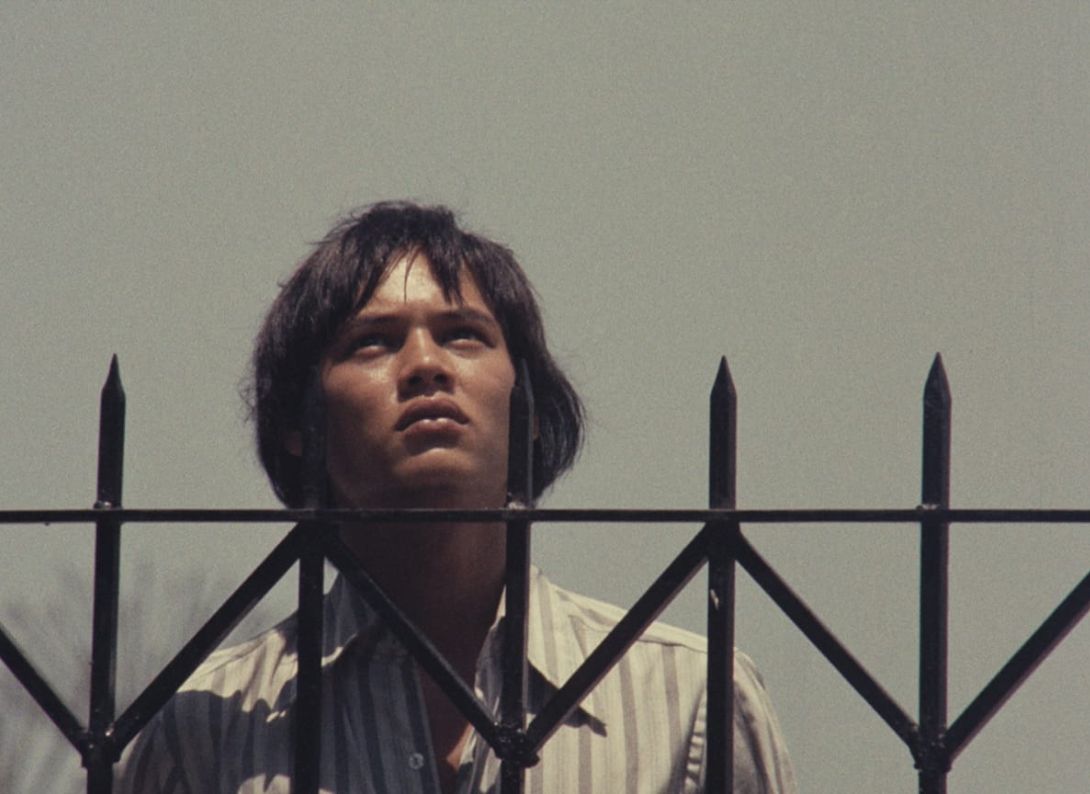
Lino Brocka · 125m · DCP
Directed by a titan of Filipino cinema, Lino Brocka, Manila confronts urban strife with melodramatic flair as provincial Julio (Bembol Roco) makes his way into Manila in search of his missing love Ligaya (Hilda Koronel). A recounting of one man’s attempt to fight against the gargantua of city life and a record of 70s Manila, Brocka’s epic is a masterclass in the characterization of urbanity’s ability to suffocate those who enter its darkness.
6:30PM Sunday, October 29th
The Battle of Chile (1978)
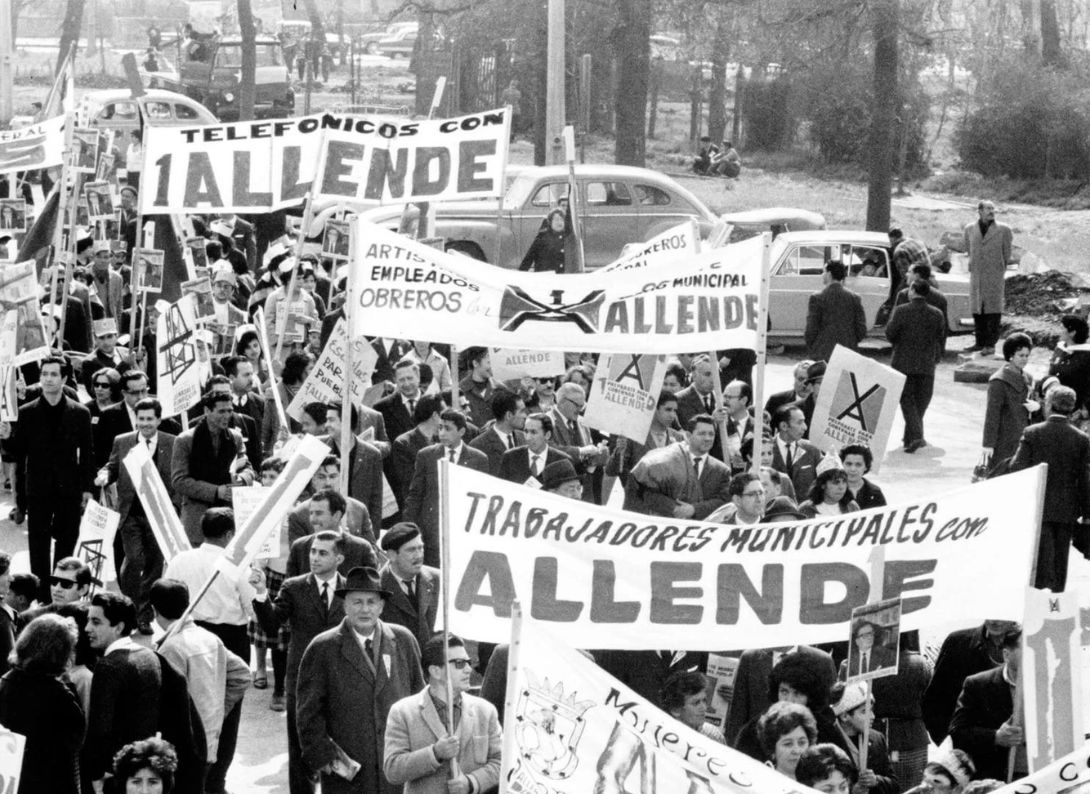
Patricio Guzmán · 262m · DCP
There will be an intermission.
Described by Pauline Kael as a testament to what Marxism in film could produce, this epic documentary spans the years leading up to and following the 1973 coup in Chile led by Augusto Pinochet and backed by the CIA (and distinguished alumni of UChicago). A massive undertaking for the filmmakers, and to some degree the audience, The Battle of Chile reveals the open wound created by right-wing authoritarianism and the dashed hopes of a nation’s social democracy.
2:00PM Sunday, November 5th
Sambizanga (1972)
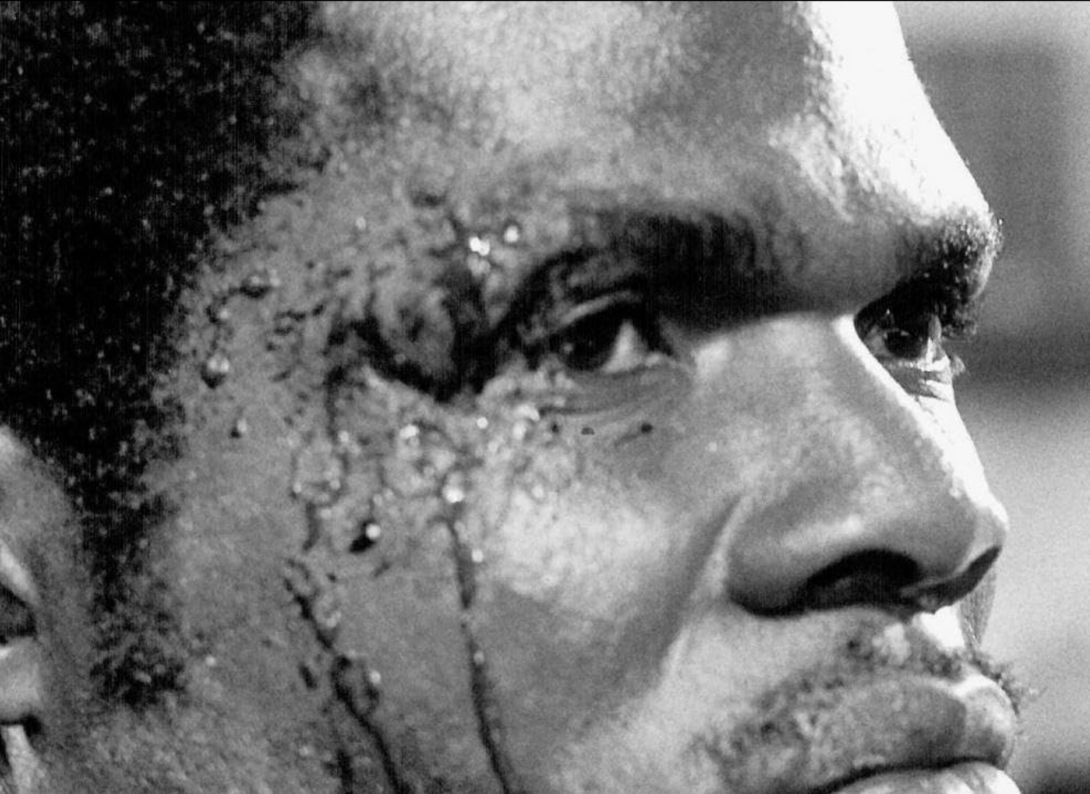
Sarah Maldoror · 97m · DCP
Made near the end of the Angolan War of Independence, Sambizanga is a rallying cry against Portuguese colonialism. A period piece set in the early days of the thirteen-year conflict, Maria (Elisa Andrade) searches for her husband, who has been imprisoned for his dissidence against the regime. Creating a moving portrait of countless Angolan freedom fighters, director Sarah Maldoror casts a particular gaze towards the role of women in anti-colonial struggle.
6:30PM Sunday, November 12th
Perfumed Nightmare (1977)
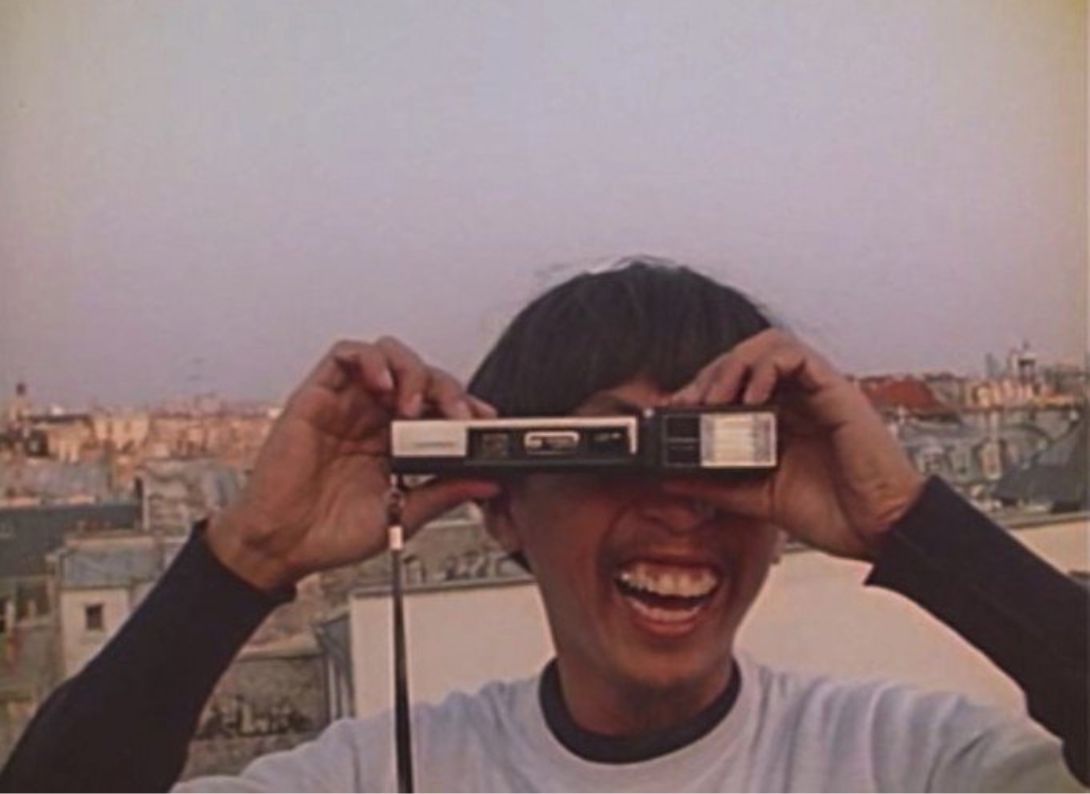
Kidlat Tahimik · 93m · Digital
Introduced by Professor Ian Bryce Jones, Cinema and Media Studies.
A staple of South-East Asian Third Cinema, Perfumed Nightmare recounts the comic escapades of a jeepney driver intent on travelling to space. Quickly disillusioned by the toil of Western Europe, Kidlat (the main character and the director Kidlat Tahimik) transforms the film into a highly inventive satire of modern life and the supposed first world.
6:30PM Sunday, November 19th
The Wind of Ayahuasca (1982)
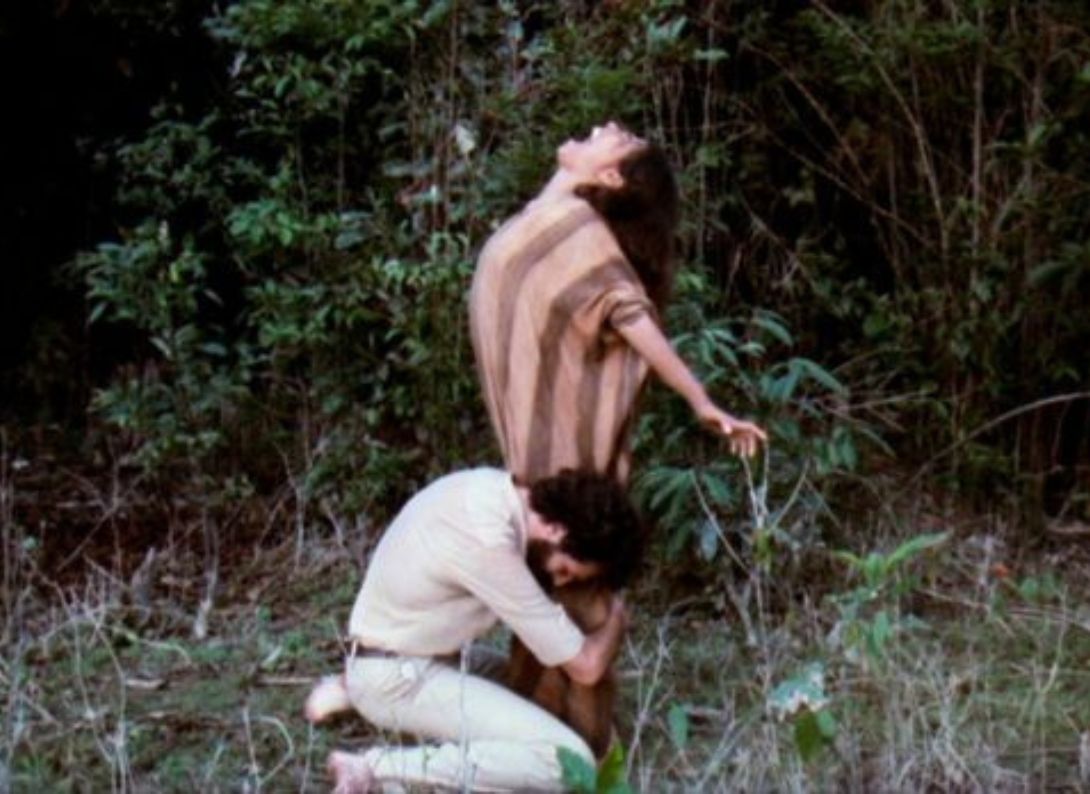
Nora de Izcue · 85m · DCP
When the sociologist Miguel arrives in rural Peru, he quickly becomes entranced by the folkloric traditions of the land, as well as Nexy, a mysterious local haunted by her past. What follows is a hallucinatory dream of a film as Nexy disappears and Miguel attempts to use the psychedelic to learn about his lost companion. A visually arresting debut and the first Peruvian feature directed by a woman, this tropical romance exudes an energy entirely its own.






